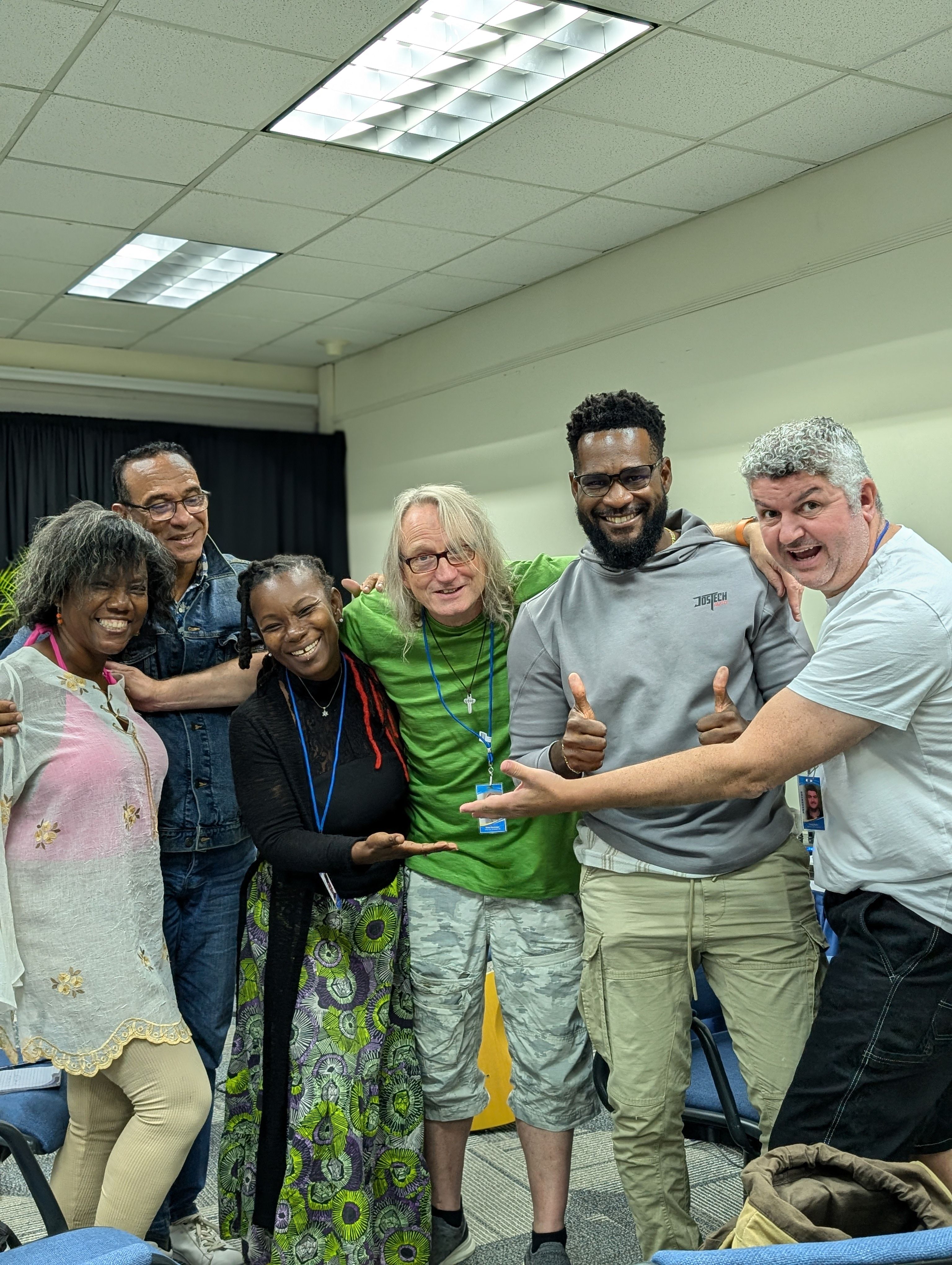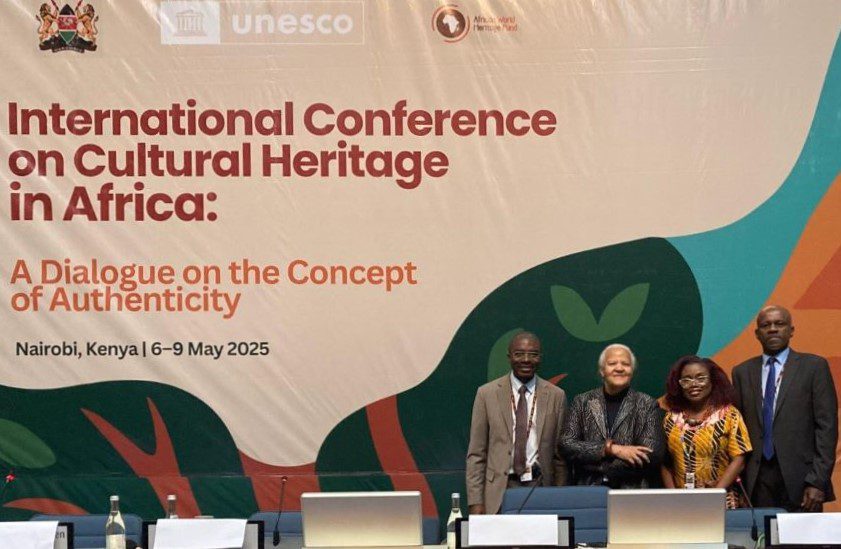Twenty-eight cultural practitioners have reaped significant benefits from the International Songwriting Camp produced by the National Cultural Foundation (NCF).
Following intense practical, developmental and professional exercises facilitated by local and global premiers, the NCF-registered practitioners now have an increased understanding of the craft of global song writing, knowledge of publishing and songwriting, placements, licensing, and synching among other areas.
The sessions were held between September 30 and October 5, at the Lloyd Erskine Sandiford Centre where participants and producers had access to portable studios to turn penned lyrics into musical renditions of different beats and genres.
On Wednesday, the participants went on a field trip and were required to write a song for a commercial.
And on Saturday night, a listening session was held at the Sage Bar and Stage featuring the songs written and produced during the camp.
Singer and songwriter Casheda Dottin said she was grateful for the opportunity to participate in the comprehensive camp which has left her with a wealth of knowledge and skills which will take her career to another level.
“I am grateful to the NCF for bringing about this initiative to help creators improve their craft. It was such a phenomenal experience because not only were we able to do songwriting workrooms where we were working with different people, but every day we were able to experience working with different producers,” Dottin said.
She added: “And it was also interesting to see how I was able to gel with other writers and singers to create music. It was far from easy and sometimes it was very intense but we were all still able to work together to produce some wonderful music.”
Singer-songwriter and multi-instrumentalist Marley Kirton said it was an amazing experience obtaining advice and gaining knowledge from experienced professionals in the field.
“But at the same time it was so powerful to get to collaborate with local artistes who are established, growing, or trying to discover their careers. This camp is a reminder of the potential and talent among the younger generation here on the island. My biggest lesson is learning not to hide my talents and that you should share them with those around you,” Kirton said.
The NCF came in for high praise for hosting the first songwriters camp of its kind which supports the realistic execution to reach the global standard which lends to reciprocation to earning sustainable income and reaching international standards.
Grammy Award-winning producer and composer Che Pope commended the NCF for investing in its creators.
“I don’t know if you realise that this is luxury. Many countries don’t have a ministry of culture and an NCF. There are only so many countries that invest in and care about the talent and the arts in their country.
“The US [United States] does not have a ministry of culture, the US does not give grants like Canada and places like Barbados. I hope you guys understand the opportunity that’s at hand,” Pope advised.
Composer, songwriter and producer Henk Pool was also impressed that the Government is investing in its talented young people.
Pool said while he would have passed on knowledge to the participants, he also benefited from interacting with them.
“I think the openness, warmth and talent of people was amazing. I travel around the world facilitating song writers’ camps everywhere and I would love to see Barbados song writers travelling around the world because the talent is absolutely there. They just need the chance to network and that’s why I love the Barbados government for doing this,” Pool said.
United Kingdom songwriter, producer and multi-instrumentalist Josh Wunderlich, signed to DWB Music, said this was his first time visiting Barbados and noted that working with the cultural practitioners during the camp helped him to gain a wealth of knowledge about the island’s culture.
“We have been sharing ideas and creating songs that are completely unique. No one has ever heard anything like the music created during the camp because this hasn’t been done before,” Wunderlich said.
Meanwhile, Business Development Officer, Music and Music for Film, at the NCF, Lisa Howell, said the successfully executed camp was well-received by the cultural practitioners who began reaping results from the first day.
Howell said the practitioners are now in a better position to write and produce internationally marketable songs.
“So I would say yes we met our goal for this round and hopefully we have the support to continue to facilitate programmes like this. Barbados rose to the occasion. I am really thankful that we had some of our local premier producers and songwriters facilitating. We had Dr Stedson ‘RPB’ Wiltshire who was so invested in showing up every day,” Howell said.
The business development officer added: “We had local producers like Dwain Antrobus, Peter Coppin, Darien Bailey and Simon Pipe who were also facilitators. So we not only brought in global experts in their field, but we also showed our own local premier practitioners in their respective fields and that made us feel good as the National Cultural Foundation.” (PR)
Caption: from left to right – Singer/Songwriter Munirah Nailah, Gospel Artiste/Songwriter/Producer James Cumberbatch, Singer/Songwriter Dania, DWB Songwriter/Producer Pete Barringer, Songwriter/Producer/ Gospel Art

 Sports3 weeks ago
Sports3 weeks ago
 Business4 weeks ago
Business4 weeks ago
 Religion3 weeks ago
Religion3 weeks ago
 Business3 weeks ago
Business3 weeks ago
 Sports4 weeks ago
Sports4 weeks ago
 Sports2 weeks ago
Sports2 weeks ago
 Government1 week ago
Government1 week ago
 Sports3 weeks ago
Sports3 weeks ago
































